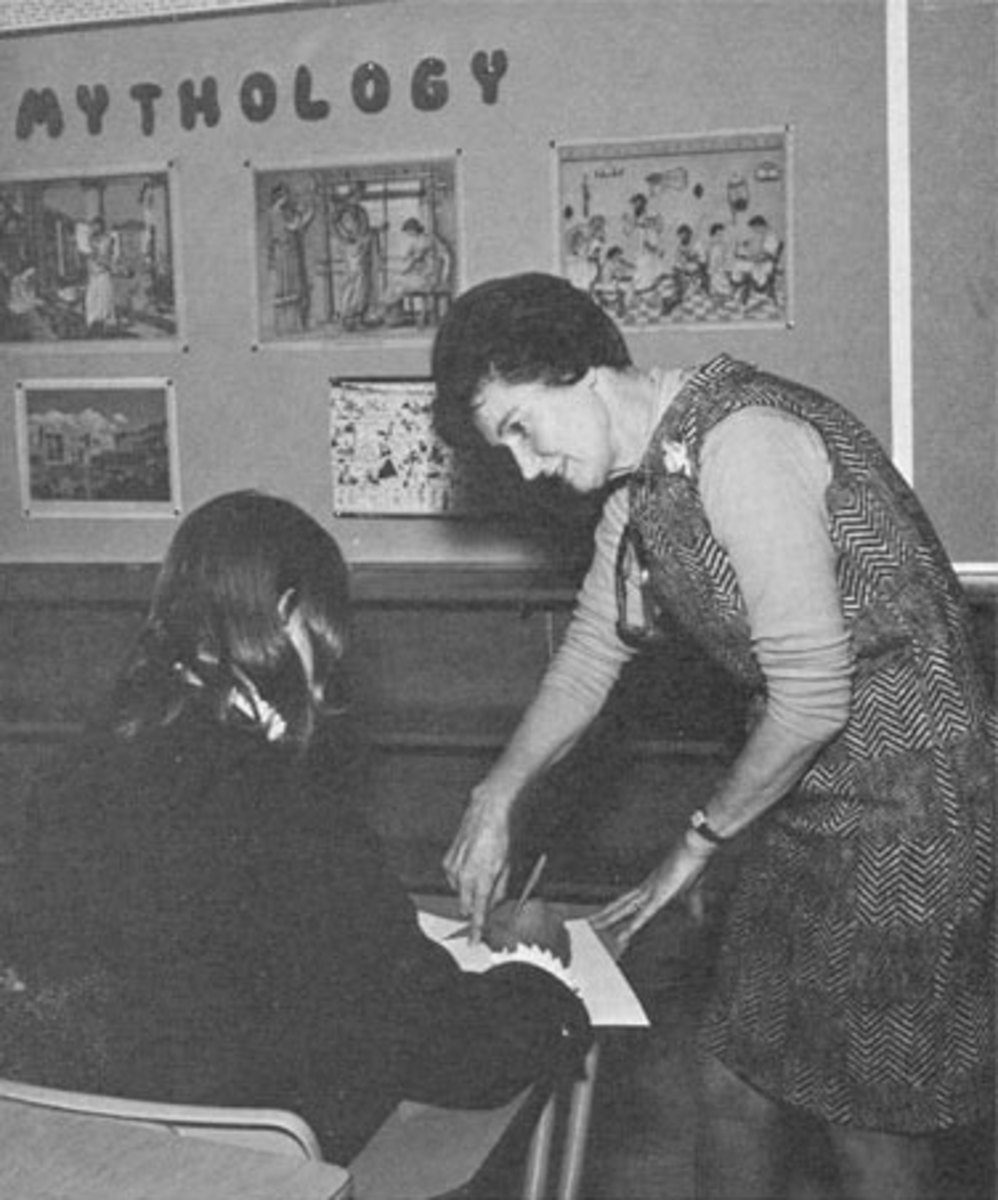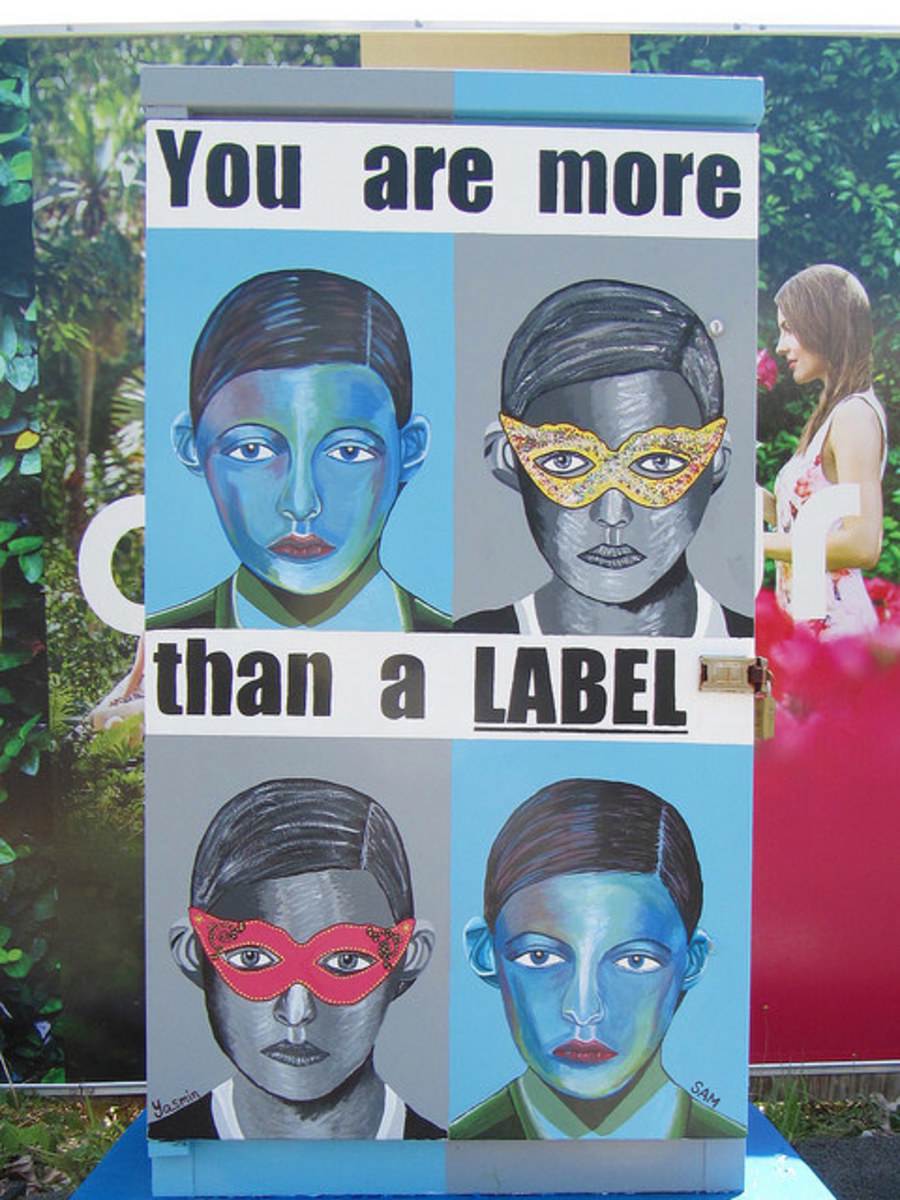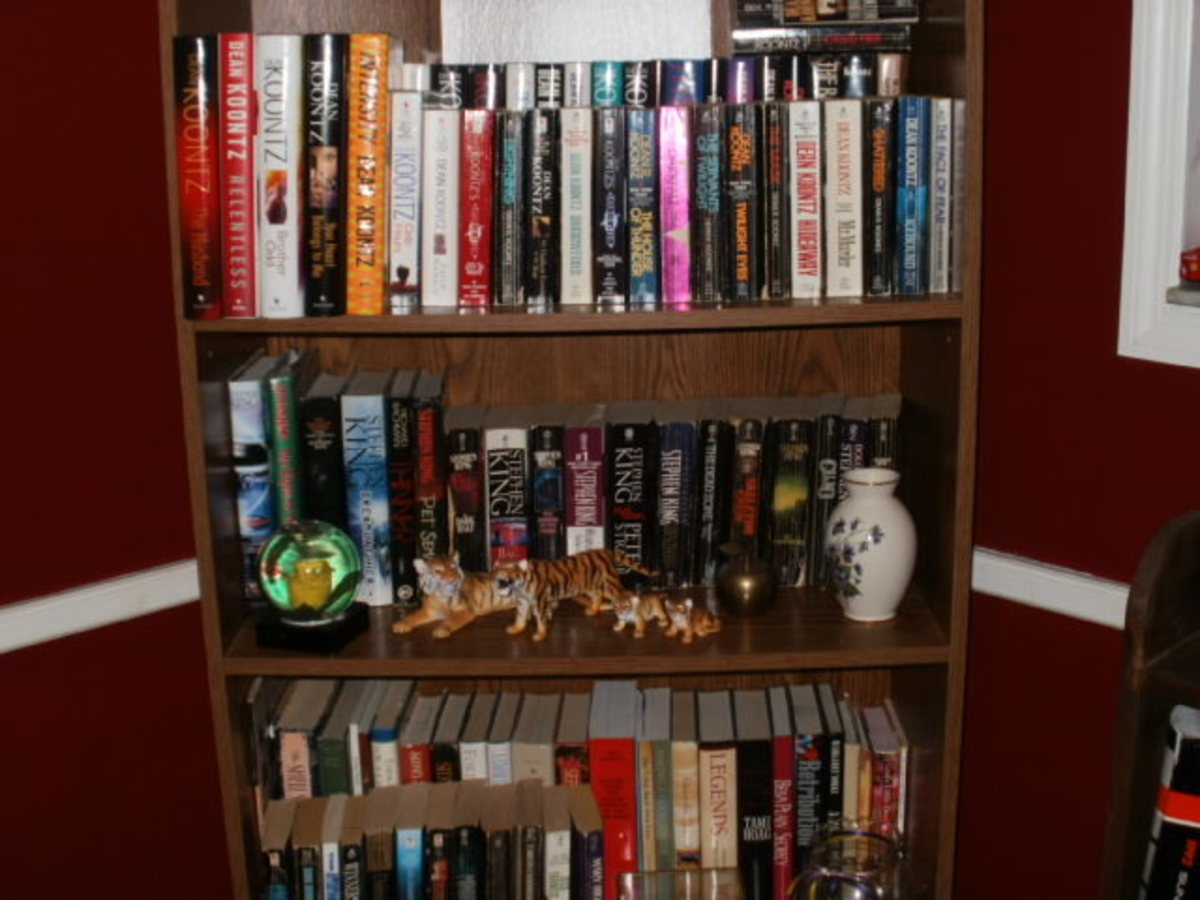Five Grammar Mistakes That Could Ruin Your Writing Career
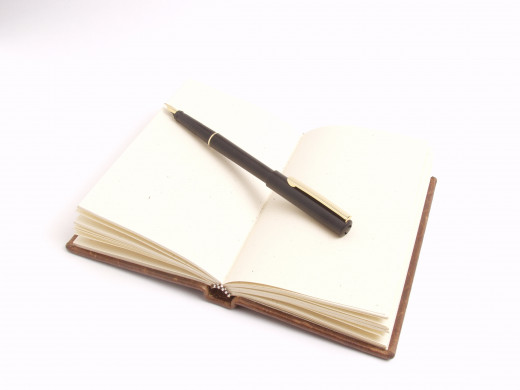
There are four kinds of unpublished writers in the world: Those who will never be published because their writing just plain stinks, those who don't write with their hearts, those who do not write to accommodate current literary trends, and those whose otherwise brilliant manuscripts are riddled with a ton of grammatical errors.
If you're one of the first three, I can't promise to help you - talent comes from God, passion comes from the heart, and publishing trends are as changeable as a teenager's moods.
If all that stands between you and a spot on the New York Times best-seller list is one of the five common grammar mistakes below, however, you absolutely owe it to yourself to brush up on your English skills.
So here it is - your quick and simple guide to eliminating grammatical silliness and saving your manuscript from becoming moth fodder.
1. They're, Their, And There
Rather than go into a lengthy explanation of the technical differences between they're, their, and there, I'd like to take a more hands-on approach and show you what happens when you misuse these words in a story.
Hang on - it's going to get ugly!
Grammar Saves Lives
A long time ago, in a forest far, far away, there lived a kindly old woman whose grandson ran into trouble with a pack of wild wolves:
Timmy rushed into the cottage and slammed the door. "Grandma, grandma!" he shouted. "The wolves said that if I don't bring them a whole side of beef tomorrow, they might sneak into the village and eat my parents! Do you really think they'll do that? Do you really think they'll come?"
Grandmother straightened from her task of stirring the pot over the fire and pulled Timmy into her arms. "There, there now," she said, stroking his hair with long, gnarled fingers. "Your daddy is a strong man. I'm sure he'll give those wolves a pretty good fight."
Nice grandma, isn't she? Such a comforting woman, and so confident in her son's abilities. Let's see what happens when we change ONE word:
Timmy rushed into the cottage and slammed the door. "Grandma, grandma!" he shouted. "The wolves said that if I don't bring them a whole side of beef tomorrow, they might sneak into the village and eat my parents! Do you really think they'll do that? Do you really think they'll come?"
Grandmother straightened from her task of stirring the pot over the fire and pulled Timmy into her arms. "They're there now," she said, stroking his hair with long, gnarled fingers. "Your daddy is a strong man. I'm sure he'll give those wolves a pretty good fight."
Poor Timmy's parents. I'm sure they were very tasty.
Grammar Saves Marriages
It's not just rabid, beef-loving wolves you should worry about. Misusing they're, their, and there can also cause trouble on the home front. Consider the following exchange:
"Walter, I'm not sure it's such a good idea to invite your sister and her husband to Thanksgiving dinner this year."
Walter put down his newspaper and smiled. "Aww, Evie. Why not?"
"Their unruly dogs. I can't stand those hairy, smelly beasts."
Why could blame poor Evelyn for not wanting her upholstery ruined? Pet dander isn't exactly easy to clean. But again, let's see what happens when we accidentally use the wrong word:
"Walter, I'm not sure it's such a good idea to invite your sister and her husband to Thanksgiving dinner this year."
Walter put down his newspaper and smiled. "Aww, Evie. Why not?"
"They're unruly dogs. I can't stand those hairy, smelly beasts."
Did Evelyn just call her in-laws hairy, smelly beasts? She sure did! And is that Walter driving off with a cute English professor? Why, that weasel! See what happens when you write carelessly?
Remember:
Their is possessive and denotes ownership.
"That is their dog. It belongs to them."
"Their vote matters no matter what they think."
They're is a contraction and means they are.
"I love cats. They're beautiful animals."
"They're saving money so they can have a nice retirement."
There indicates a place or the location of something.
"There is still some meatloaf in the fridge."
There can also imply the presence of something non-physical.
"When the doctor came in smiling, there was hope in Jack's eyes."
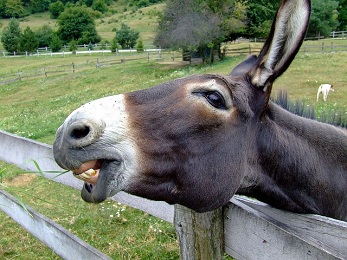
2. You're And Your
The difference between you're and your should be easier to spot once we wreak havoc on a few more fictional characters. It's okay - they'll be fine after the rewrite. I promise!
Jack's flinty gaze settled on the burglar. "Listen, lady," he said, pushing her back against the wall of the house with just enough force to let her know that those haunted brown eyes didn't have an effect on him. "I'm not in the habit of man-handling women, but if you don't tell me what you were trying to take from my barn just now, I swear, I'll shake you until your teeth rattle."
The burglar's lips trembled. Fascinated, Jack watched her expression turn from fearful to angry to defiant and back. Then her spine stiffened and she spoke. "You're manure, mister. A little bag of cow manure. That's all."
Plucky little thing, that burglar! Now let's see if we can't give Jack a reason to like her a little better:
Jack's flinty gaze settled on the burglar. "Listen, lady," he said, pushing her back against the wall of the house with just enough force to let her know that those haunted brown eyes didn't have an effect on him. "I'm not in the habit of man-handling women, but if you don't tell me what you were trying to take from my barn just now, I swear, I'll shake you until your teeth rattle."
The burglar's lips trembled. Fascinated, Jack watched her expression turn from fearful to angry to defiant and back. Then her spine stiffened and she spoke. "Your manure, mister. A little bag of cow manure. That's all."
Jack, Jack, Jack. All this poor lady wanted was a bit of dung to get her garden started, and here you are scaring the bejeezuz out of her. Quick, invite her to a nice, quiet dinner. This could be your future wife, for Heaven's sake!
Remember:
You're is a contraction. It means you are.
You're a wonderful storyteller, grandma.
You're going to miss the bus if you don't hurry.
Your is possessive and denotes ownership.
That is your cat. It belongs to you.
Your Christmas card arrived today.
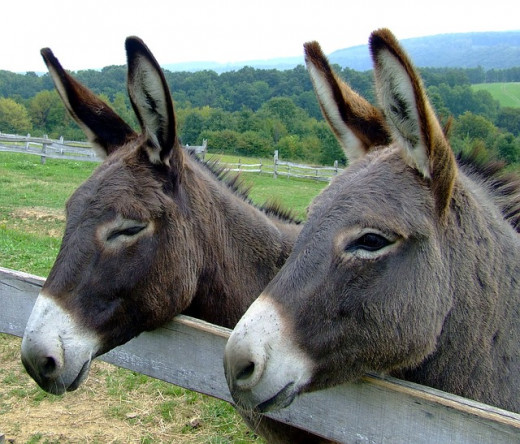
3. Could've, Should've, But Didn't
There's one grammatical error that makes my blood boil every time, and it's this: "Dad should of studied with Mary so she could of passed the English exam."
Oh, the pain! The unbearable, awful pain!
Listen up, because I cannot stress this enough - if your manuscript contains this whopper of a mistake, especially more than once (at which point an editor will know it's bad English rather than just a typo), the only money you'll ever make from your book is going to come from hauling rejection slips to the paper recycling plant. Let's save your back, and your writing career, before it's too late:
"Should" - something that is a good idea, but that you haven't yet done.
"I should plant some flowers."
"Should have" - something that was a good idea, but that you didn't do.
"I should have planted some flowers."
"Should not" - something that is a bad idea, but that you haven't done yet.
"I should not eat another slice of cheesecake."
"Should not have" - something that was a bad idea, but that you still did.
"I should not have eaten another slice of cheesecake."
"Could" - implies the possibility of something.
"I could eat the whole cheeseburger by myself."
"Could have" - there was the possibility of something, but it didn't occur.
"I could have eaten the whole cheeseburger by myself."
"Could not" - implies you are or were not willing or able to do something.
"I could not eat the whole cheeseburger by myself."
"Could not have" - something that did not occur or was not done.
"I could not have eaten the whole cheeseburger by myself."
"Of" refers to something that belongs to or with something else.
The Sheriff of Nottingham was a real jerk.
(He belongs to Nottingham. He is part of the population of Nottingham.)
Of all the flowers, sunflowers are my favorite.
(The sunflowers are part of a larger group made up of ALL the flowers.)
I am afraid of trying this Turducken.
(My fear comes along with the thought of trying this Turducken.)
I won't repeat myself for "would have" and "wouldn't have" so I won't bore you to death, but you get the picture. Mind your grammar, and you'll be in great shape. Mind it not, and your writing career may be over before it starts.
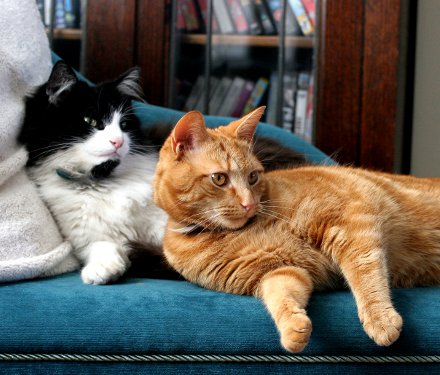
4. Affect Effect
Affect, effect. Effect, affect. Oh, yes, they're evil, all right. But don't worry - I'll show you how to keep this gruesome twosome apart before they give you OR your editor an aneurysm:
Affect is a verb.
I hope this one test doesn't affect my grade too much.
I don't understand how junk food affects my metabolism.
He should know how deeply he affects me when he smiles.
Effect is (usually, but not always) a noun.
I hope this one test won't have too much of an effect on my grades.
I don't understand the effect of junk food on my metabolism.
He should know the effect his smile has on me.
Sometimes, effect can also be used as a verb.
I hope to effect (to cause, to bring about) great change in this country.
5. Then And Than, It's And Its
"Then" and "than" are some of the most commonly used words in the English language. They structure your novel. They allow you to relate events in an orderly fashion. They even help you draw comparisons between things that affect the way your characters act. But be warned - if you confuse "then" and "than" on the page, they create the kind of chaos no sane editor will bother to correct. Ergo, remember this:
"Then" refers to time, specifically a sequence of events.
Sarah waited five minutes. Then she walked outside.
(Sarah walked outside AFTER five minutes had passed.)
"Than" is used when there is a comparison between two things.
Sarah would rather stay the cabin all night than risk being eaten by wolves.
(Sarah finds voluntary house arrest PREFERABLE TO being eaten by wolves.)
Like "then" and "than", "it's" and "its" will show up on almost every single page of writing you will ever create, so it's extremely important to know the difference between the two. Fortunately, this is much easier than you may think. Just remember:
It's is a contraction.
It's a beautiful day outside.
(Above, the narrator states that it is a beautiful day outside.)
Its is possessive.
Look at that mountain lion. Its fur is so smooth!
(The fur that belongs to the mountain lion is smooth.)



